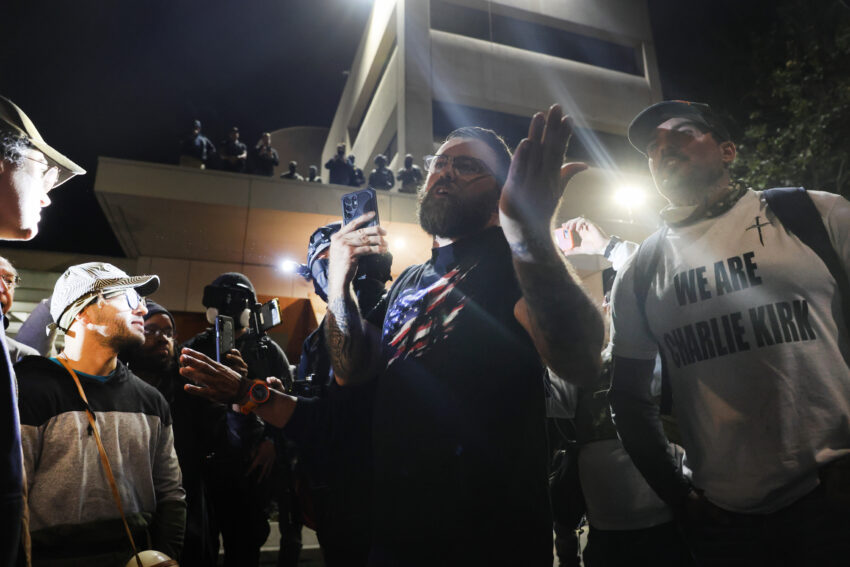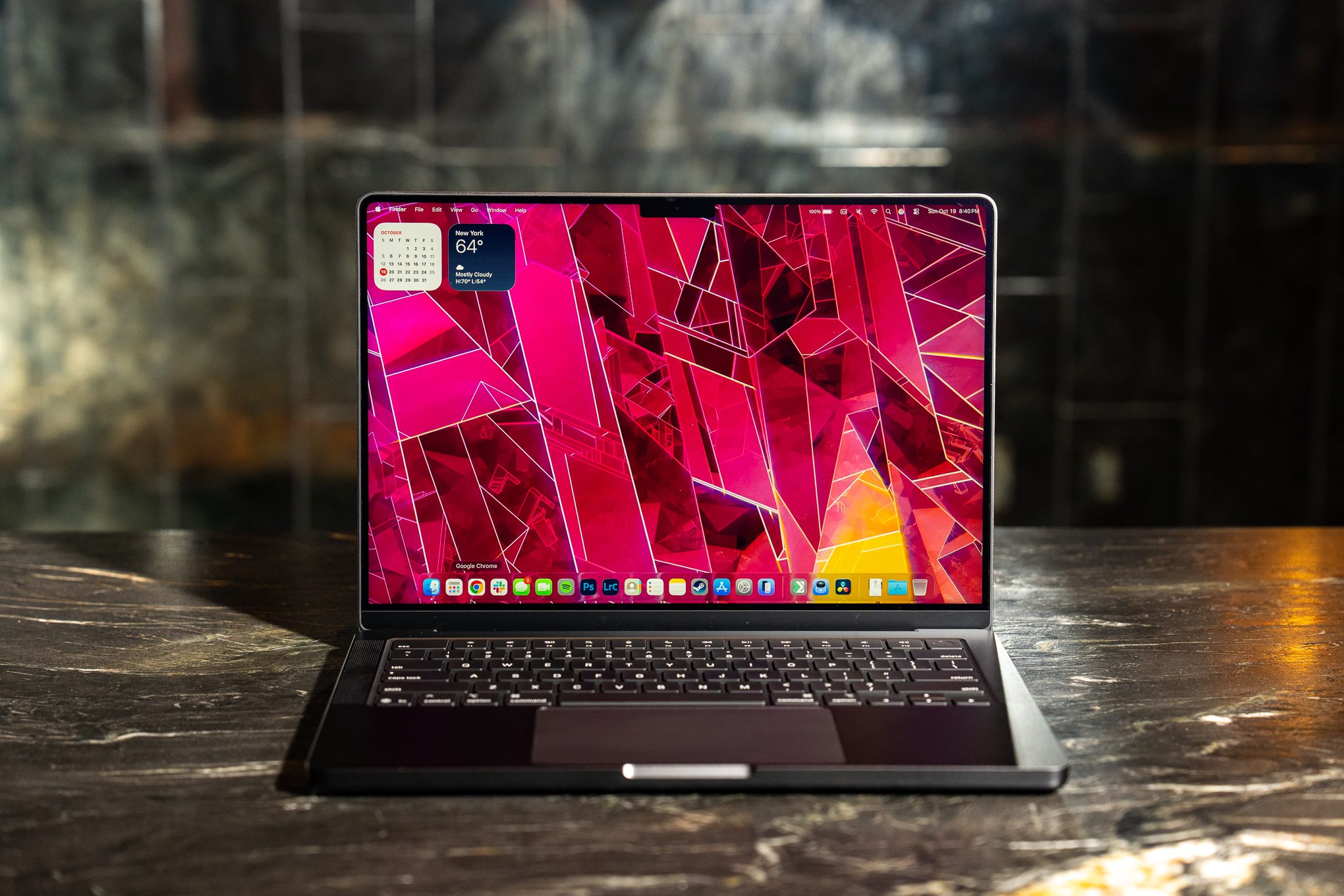
influencers have fractured reality in portland The ongoing legal battle regarding the deployment of troops in Portland, Oregon, highlights the complex interplay between social media influencers and the judicial process.
influencers have fractured reality in portland
Background of the Legal Dispute
The legal fight centers on whether the President has the authority to send federal troops into Portland amid ongoing protests and civil unrest. This question has gained urgency as tensions have escalated in the city, particularly following the death of George Floyd in May 2020, which sparked nationwide protests against police brutality and systemic racism. Portland became a focal point for these protests, leading to significant public outcry and government response.
In July 2020, federal agents were deployed to Portland to protect federal property, a move that was met with widespread criticism. Critics argued that the presence of federal troops exacerbated tensions and led to increased violence. The legal case has since evolved, with various stakeholders challenging the legality of the troop deployment. The implications of this case extend beyond Portland, as it raises fundamental questions about the limits of executive power and the role of federal forces in domestic affairs.
The Role of Social Media Influencers
Complicating the legal proceedings is the influence of social media personalities who have emerged as key players in shaping public perception and policy. These influencers have utilized platforms like Instagram, Twitter, and TikTok to disseminate information, often blurring the lines between fact and opinion. Their content frequently reaches millions of followers, creating a powerful narrative that can sway public sentiment and, by extension, political action.
Influencers and Their Impact on Policy
Some influencers have established direct lines of communication with federal officials, allowing them to relay their perspectives and concerns regarding the situation in Portland. This relationship has raised questions about the credibility of the information being shared and its potential impact on policy decisions. The influencers often frame their content around themes of “domestic terrorism,” a term that has gained traction in political discourse and has been used to justify increased federal intervention.
As a result, the influencers’ narratives have contributed to a polarized view of the protests and the government’s response. Supporters of the federal troop deployment argue that it is necessary to maintain order, while opponents contend that it represents an overreach of federal authority. This dichotomy is further complicated by the influencers’ ability to amplify their messages, often leading to a distorted perception of reality.
The Blurring of Reality and Perception
The legal proceedings have been described as a “war on reality,” where the narratives constructed by influencers often clash with the lived experiences of those on the ground. This phenomenon raises critical questions about the nature of truth in the digital age. Judges and legal experts are tasked with interpreting the law based on evidence and testimony, but the influence of social media can complicate this process.
For instance, videos and images shared by influencers can create a sense of urgency and emotional resonance that may not accurately reflect the broader context of events. This can lead to a skewed understanding of the situation, making it challenging for judges to discern fact from fiction. The reliance on social media as a primary source of information can undermine the integrity of the judicial process, as it introduces biases and subjective interpretations into what should be an objective evaluation of the law.
Stakeholder Reactions
The involvement of social media influencers has elicited a range of reactions from various stakeholders, including legal experts, politicians, and community members. Some legal scholars have expressed concern that the influence of social media could undermine the judicial process, as judges may feel pressured to align their rulings with popular sentiment rather than legal precedent.
On the political front, the situation has prompted responses from both sides of the aisle. Some lawmakers have defended the use of federal troops as a necessary measure to restore order, while others have condemned it as an infringement on civil liberties. The discourse surrounding the case has been further fueled by the influencers, who often take to social media to voice their opinions and mobilize their followers.
Community Perspectives
Community members in Portland have also been vocal about the impact of influencers on the narrative surrounding the protests. Many residents feel that the portrayal of events by influencers does not accurately reflect their experiences. They argue that the influencers often prioritize sensationalism over authenticity, which can lead to misunderstandings and further division within the community.
This disconnect between the influencers’ narratives and the realities faced by residents underscores the challenges of navigating a complex social landscape. As the legal case unfolds, the voices of those directly affected by the events in Portland must be considered alongside the amplified narratives of influencers. This balance is crucial for ensuring that the judicial process remains grounded in reality and that the voices of marginalized communities are heard.
Implications for Future Legal Cases
The Portland case serves as a critical juncture for understanding the implications of social media on legal proceedings. As influencers continue to shape public discourse, their impact on the judicial process cannot be overlooked. The case raises essential questions about the role of social media in the legal system and how it may influence future cases involving government authority and civil rights.
Legal experts are beginning to explore the potential ramifications of this trend. The increasing reliance on social media as a primary source of information could lead to a shift in how evidence is presented and evaluated in court. Judges may need to develop new frameworks for assessing the credibility of social media content, particularly when it comes to high-stakes cases involving public safety and civil liberties.
Potential Solutions
To address the challenges posed by social media influencers in legal cases, several potential solutions have been proposed:
- Increased Media Literacy: Educating the public about the nuances of social media and the potential for misinformation can empower individuals to critically evaluate the content they consume.
- Judicial Training: Providing judges and legal professionals with training on the impact of social media can help them navigate the complexities of cases influenced by online narratives.
- Regulatory Measures: Implementing regulations around the dissemination of information on social media platforms could help mitigate the spread of misinformation and promote accountability among influencers.
Conclusion
The legal battle over the deployment of federal troops in Portland is emblematic of a broader struggle to reconcile the influence of social media with the principles of justice and truth. As influencers continue to shape public perception and policy, their impact on the judicial process cannot be ignored. The case serves as a reminder of the need for vigilance in protecting the integrity of the legal system while navigating the complexities of a rapidly evolving digital landscape. The outcomes of this case may set important precedents for how social media influences future legal proceedings, making it essential for all stakeholders to engage thoughtfully in this ongoing discourse.
Source: Original report
Was this helpful?
Last Modified: November 5, 2025 at 2:38 am
2 views















